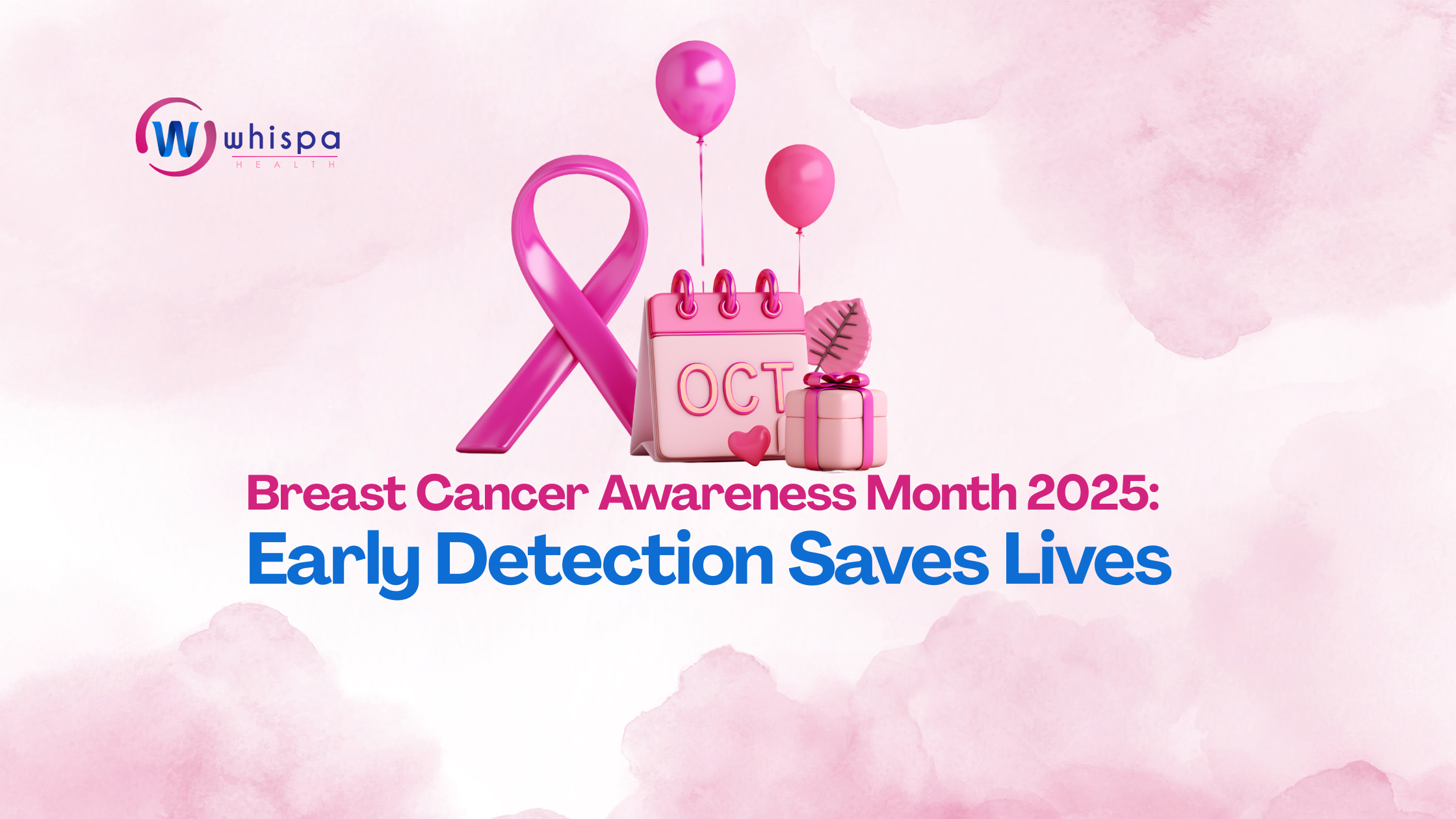For many young people, using contraceptives is not something to think about before having sex. Yet at the same time, young people are worried about unplanned pregnancies, avoiding abortions, and catching STDs. In Nigeria 1 in 7 women have tried to have an abortion. Young women have heard from friends, boyfriends, and anyone really that instead of contraception, it is better to use antibiotics such as ampiclox (aka Beecham) to prevent pregnancy. This is not true, it is drug abuse because ampiclox is not a contraceptive pill, it is an antibiotic that kills bacteria and so it cannot prevent or stop pregnancy. There are various types of contraceptives to choose from.
What are Contraceptives?
These are drugs or medical devices used to prevent pregnancy (ie. conception). Contraceptives can be either temporary or permanent; since most people want temporary contraception, let’s discuss that. Most contraceptives contain hormones, while a few do not. The Hormonal Methods contain drugs that look like one or two of your natural female reproductive hormones called progesterone and oestrogen. There are two types of contraceptives that are non-hormonal: the IUD and the condom. If you are in Nigeria, these are the options available to you.
Your Zero-hormone options:
1. Intra-Uterine Devices (IUDs):
IUD is a small device that does not contain hormones. A specially trained health provider places it into your womb to prevent pregnancy (contraception). This method is very effective and a popular choice for many women with health challenges. It starts working immediately after the health provider inserts it, and stops working once you remove it. Most of them can work for up to 10 years but you can have them removed whenever you like.
2. Condoms:
Condoms are great because they will prevent pregnancy and many sexually transmitted infections (STIs). As a bonus, there are many different types of condoms for contraception(Coloured, dotted, textured, and flavoured…). Have fun trying a different type every time you have sex. Remember, for protection against Sexually Transmitted Diseases (STD), use a condom until you know your partners’ sexual history and have gone for STI testing.
Your Hormonal options:
1. Daily contraceptive pills:
There are two types, the combined oral contraceptives which is a daily pill containing two low-dose hormones, one estrogen, and one progestogen. There is also the progestogen-only contraceptives called the mini-pill which is also taken daily but contains only one low-dose hormone. The mini pill works best if you’re breastfeeding a baby. One popular advantage of daily pills is that they help women have regular menstrual cycles or to go period-free if they choose.
2. Contraceptive Injection:
Did you know that there are injections that can prevent pregnancy for up to 3 months? For those who use the three-month injection; it means you will only take 4 injections in a year. Contraceptive injections are very convenient and a good choice for women who usually forget to take their contraceptive pills daily. It is also good for women who, because of their health status, should not take estrogen-containing medicines (eg. women breastfeeding babies younger than 6 months or women at risk of thromboembolism (blood clot in the veins). This injection is affordable, so go through WHISPA if you want to stop worrying about pregnancy for the next 3 months.
3. Contraceptive Implant:
This is a tiny flexible rod (smaller and thinner than a matchstick). It contains a progestogen hormone that is released slowly into your body system. A health professional helps to insert it under the skin of your upper arm. This type of contraceptive can work for 3-5 years after insertion and you can ask your provider to remove it for you anytime you are ready to get pregnant.
4. Intra-Uterine Systems (IUS) also called the hormonal IUD:
This is a small T-shaped device that contains hormones. A specially trained doctor helps place it into your womb to prevent pregnancy. It also has some additional advantages.
All the contraceptive methods above are temporary. There are some contraceptive methods that are permanent and require a small surgery. The type for men is called a Vasectomy and the type for women is called Tubal Ligation.




